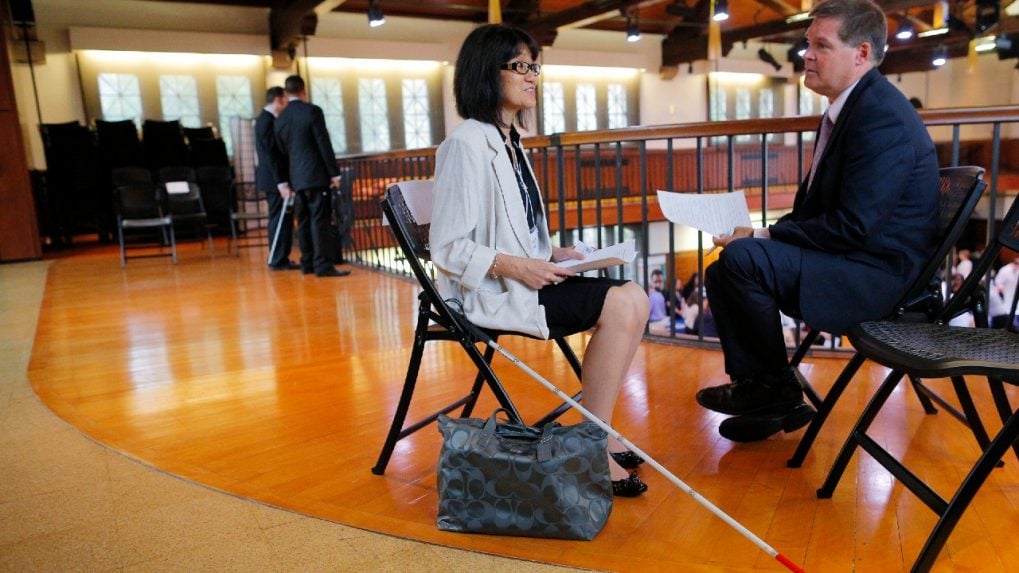Investment Treaties Could Cure Russia’s Illegal Seizure of Foreign Assets | Cooley LLP
As Reuters recently reported, Russia is preparing a new law that will allow it to seize local businesses from Western companies that have left or suspended their operations in Russia due to the invasion of Ukraine. Affected companies, which could see their investments in Russia expropriated without compensation, could have recourse under international law through investment treaties.
These investment treaties allow covered foreign investors to directly file claims against Russia in arbitrations before impartial and independent tribunals. For many investors, international arbitration may offer a better (or only) way to recover losses due to obstacles to suing foreign sovereigns in court, including sovereign immunity laws, procedure and doctrines of abstention.
What is international investment law and how could it protect foreign investors in Russia?
International investment law is a treaty-based regime that is independent of national legal systems. It protects foreign investors and their investments from unfair interference by a host government through regulations or other government actions that are arbitrary or unfair, discriminate in favor of local actors, or take the investment without full compensation.
Bilateral or multilateral investment treaties signed between a host state (the country where the investment is made, which in this case is Russia) and a home state (the country of the investor’s nationality) also grant foreign investors the right to sue host states. before international arbitral tribunals. This means that investors can have a direct right of action against Russia for its unlawful actions, in a neutral forum, heard by independent arbitrators appointed by the disputing parties.
The resulting awards are generally enforceable against states as judgments of local courts. This means that the awards could be enforced against Russian state assets outside of Russia, subject to whether those assets are protected by sovereign immunity.
However, access to these legal protections and remedies depends on whether the foreign investor is from a home state that has entered into an investment treaty with Russia. Protection may also be available for companies within a holding structure that originate from a home state that has entered into an investment treaty with Russia.
What investment treaties are available to foreign investors in Russia?
Russia has 62 bilateral investment treaties (BITs) in force, including with European Union member states such as Denmark, Finland, France, Germany, Lithuania, Italy, Luxembourg , the Netherlands, Norway, Spain and Sweden. Russia has also concluded BITs with Canada, Japan, South Korea, Switzerland, the United Kingdom and Ukraine.
The United States signed a BIT with Russia, but it has not entered into force. Despite this, US-based companies could still avail of investment treaty protections if their investments in Russia are structured through one of the countries that have a BIT with Russia.
How do investment treaties protect foreign investors?
Protections vary by treaty, but generally most Russian BITs prohibit expropriation without compensation and require Russia to provide fair and equitable treatment (FET) to investments.
International investment law requires host states to pay prompt and adequate compensation if they seize or nationalize investors’ assets. Crucially, the protection also covers “indirect expropriation,” which occurs when the state does not directly take ownership, but rather takes actions that largely deprive the investor of the benefits or value of their investment.
This means that if Russia directly seizes a foreign investment or adopts measures that destroy its value, Russia could be held responsible for violating the prohibition on expropriation in the BITs.
Additionally, Russia is required to treat investors fairly and equitably. According to this standard, Russia must not treat investors arbitrarily or unreasonably, frustrate their legitimate expectations or suddenly change its regulatory framework. Therefore, Russia’s proposed law on seizure of Western investors’ assets could constitute an arbitrary retaliatory measure that violates FET protection.
How can an investor claim compensation for the violation of his rights in Russia?
Investors covered by an investment treaty can sue Russia directly in an international arbitration tribunal and seek damages for Russia’s unlawful actions. However, each treaty will have certain conditions that must be met before filing a claim – for example, notifying Russia of a dispute and a cooling-off period before starting arbitration.
[View source.]











